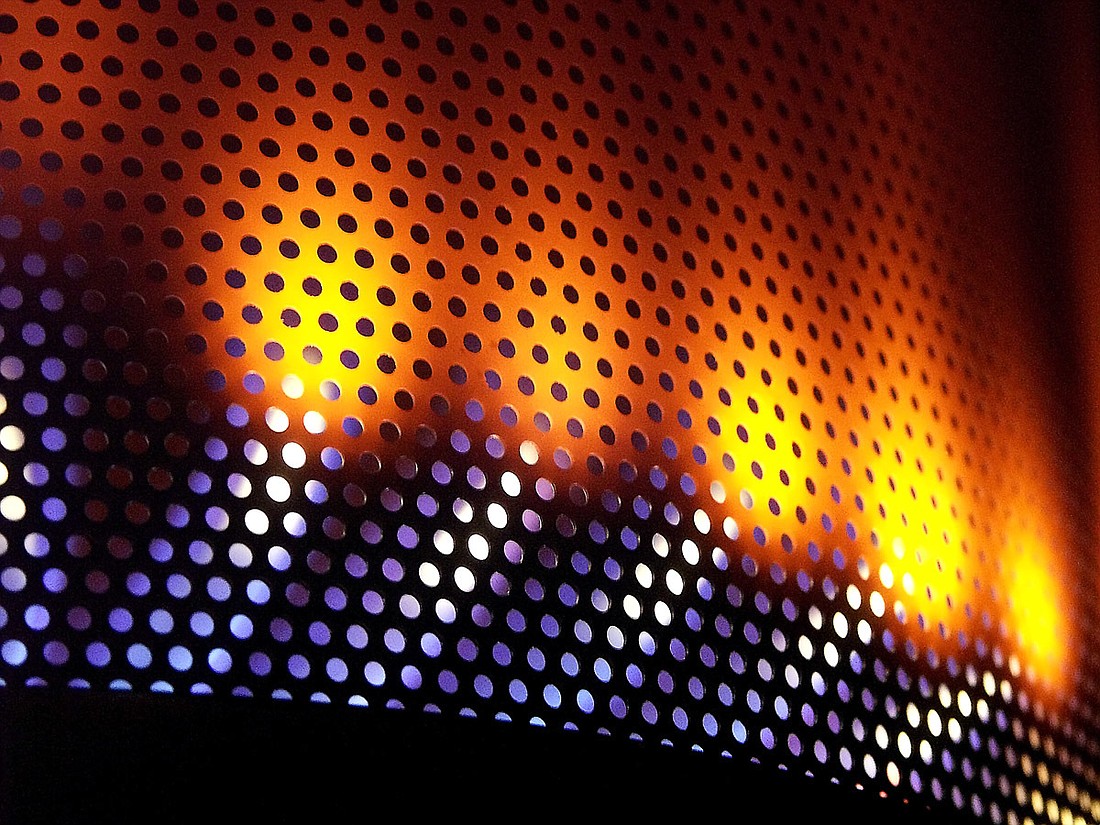Wind and water aren't the only dangers associated with hurricanes. As people rely on generators and gas-powered appliances and grills after the power goes out, carbon monoxide becomes a danger.
Carbon monoxide is odorless, tasteless, invisible and highly poisonous. It can cause weakness, fatigue, shortness of breath during exertion, chest pain, abdominal pain, vomiting, headaches, confusion, lack of coordination, impaired vision, loss of consciousness, and in severe cases, death, according to the Florida Department of Health in Flagler County.
The Florida Department of Health in Flagler County has shared the following a series of tips to help people stay safe from carbon monoxide during and after Hurricane Irma: carbon monoxide
- DO NOT burn charcoal or gas grills inside a house, garage, vehicle, tent, or fireplace.
- NEVER use a generator indoors, including in homes, garages, basements, crawl spaces, and other enclosed or partially enclosed areas, even with ventilation. Opening doors and windows or using fans will not prevent carbon monoxide build-up in the home.
- ALWAYS keep portable generators or gasoline engines outside and at least 20 feet away from open windows, doors, window air conditioners, or exhaust vents that could allow carbon monoxide to come indoors. Follow the instructions that come with your unit.
- INSTALL battery-operated carbon monoxide alarms or plug-in carbon monoxide alarms with battery back-up in your home per the manufacturer’s installation instructions. The carbon monoxide alarms should be certified to the requirements of the latest safety standards for carbon monoxide alarms (UL 2034, IAS 6-96, or CSA 6.19.01).
- TEST your carbon monoxide alarms per the manufacturer’s recommendations and replace dead batteries.
- REMEMBER that you cannot see or smell carbon monoxide and portable generators can produce high levels of carbon monoxide very quickly.
- If you start to feel sick, dizzy, or weak while using a generator, get to fresh air RIGHT AWAY. DO NOT DELAY.
- If you suspect carbon monoxide poisoning, call your nearest Florida Poison Information Center at 1-800-222-1222. If the victim has collapsed or is not breathing, call 911 immediately.

